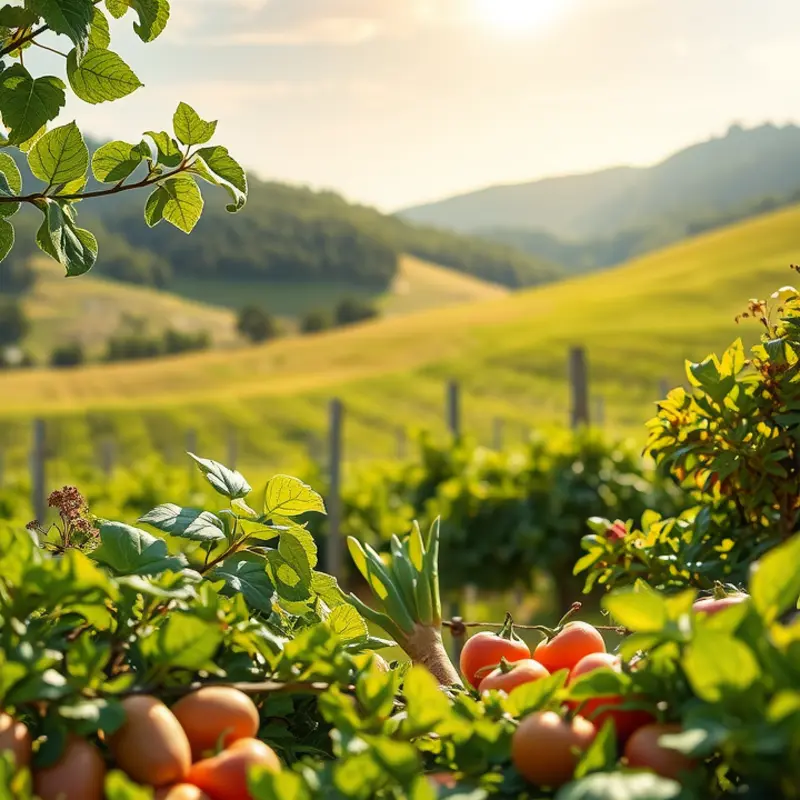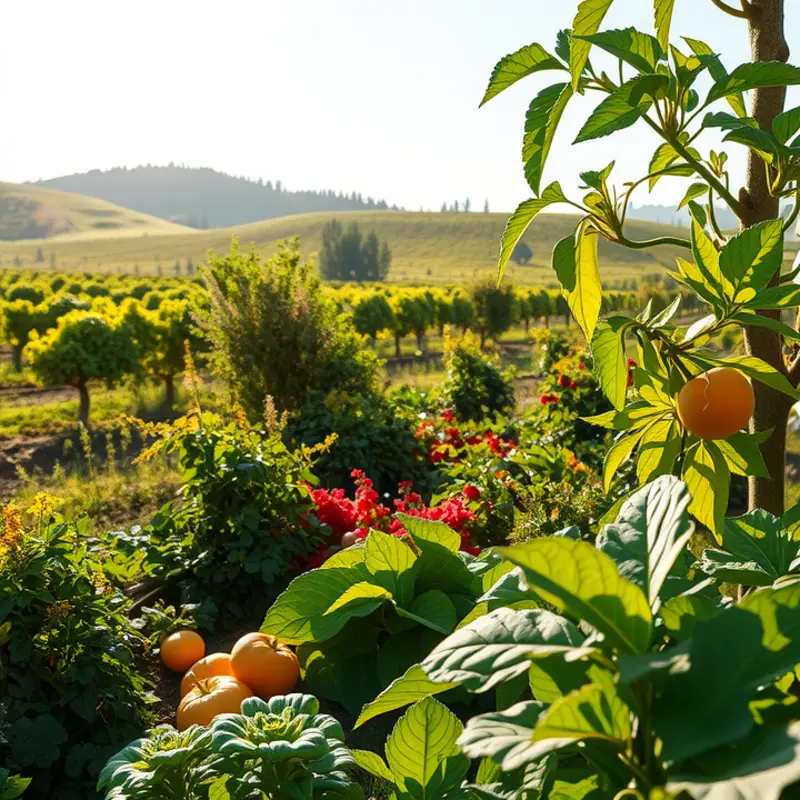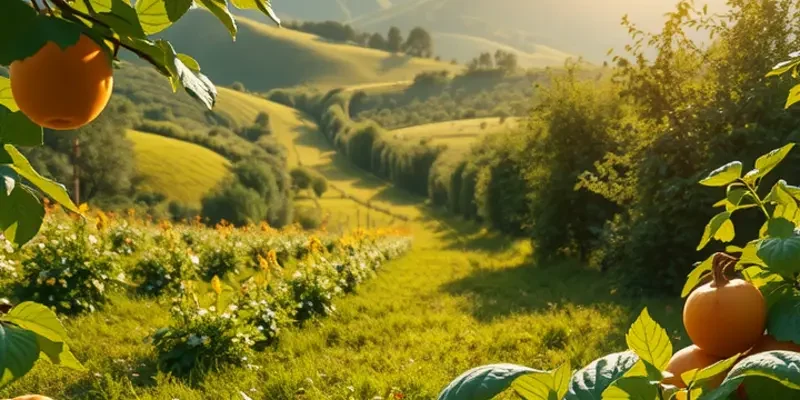Baking can be a sustainable hobby that benefits the planet while filling your home with delightful aromas. By adopting eco-conscious practices, you can reduce waste, source ingredients responsibly, and create wholesome treats. This guide offers practical tips and solutions to help you bake deliciously while considering the environmental impact. Whether you’re a budding baker or a seasoned pro, it’s never too late to make a positive change for the environment and inspire others to do the same.
Sustainable Ingredients: The Foundation of Eco-Friendly Baking

Choosing sustainable ingredients is a pivotal step in eco-friendly baking. By selecting products that are local, organic, and seasonal, you contribute to reducing the carbon footprint associated with food production and transport. This approach not only benefits the planet but also enhances the flavors and nutritional value of your baked goods.
Local Ingredients
Opting for local ingredients reduces greenhouse gas emissions from transportation and supports local farmers. Fresh, locally sourced produce often requires fewer preservatives and packaging, aligning perfectly with a sustainable lifestyle. When sourcing grains, look for mills nearby that offer fresh flour and avoid ingredients that are flown in from distant locales.
Organic Ingredients
Organic farming practices emphasize the use of natural fertilizers and pest control methods, which can have a regenerating effect on soil health. Choosing organic flour, sugar, and dairy products helps reduce pesticide exposure and supports farming systems that prioritize environmental health. Moreover, organic ingredients often provide richer flavors, which can elevate your baking projects to new heights.
Seasonal Ingredients
Seasonal baking involves using ingredients that are harvested at their peak, reducing the need for artificial ripening processes and extended cold storage. This not only ensures fresher, tastier results but also aligns with nature’s cycles. For instance, incorporating apples in autumn recipes or strawberries in summer treats can dramatically enhance the overall quality of your baked creations.
Making Adjustments in Your Baking Routine
To implement these sustainable choices, a few adjustments may be necessary. Look for farmers’ markets to supply your base ingredients and research any nearby community-supported agriculture (CSA) programs. If a certain out-of-season fruit is required, consider canned or frozen options from sustainable brands, which often have a lower footprint than fresh imports. For a detailed guide on storing your eco-friendly ingredients efficiently, check out this eco-smart kitchen storage resource.
When substituting for non-local ingredients, try to support fair trade options that prioritize ethical sourcing. For example, ensure your chocolate and vanilla come from reputable sources that advocate for both environmental sustainability and fair labor practices. This small switch can have significant impacts on global supply chains.
By mindful selection of the ingredients in your baking, you set the foundation for a more sustainable kitchen. These choices, however small they seem, contribute significantly to eco-friendly cooking practices. Adjust your habits progressively, and enjoy the peace of mind that you’re crafting delicious treats while caring for the planet.
Waste Reduction: The Final Touch in Eco-Conscious Baking

Baking with an eco-friendly mindset means embracing practices that reduce waste from start to finish. Let’s explore how small, conscious decisions during baking can greatly minimize environmental impact.
One of the simplest ways to cut down on waste is by storing ingredients properly. Flour, sugar, and other staples often come in non-recyclable packages. Transfer these into glass jars or other airtight containers. This not only keeps your ingredients fresh longer but also reduces the need for frequent repurchases. For more tips on safe and efficient storage practices, visit Eco-Smart Kitchen Storage.
Composting is another key aspect of reducing waste. While it’s not possible to use every part of an ingredient, many scraps, like eggshells and vegetable peels, can enrich a compost pile. By composting organic waste, you convert potential landfill material into nutrient-rich soil—adding value back to the earth. Start a small composting bin in your kitchen. If space is limited, a balcony compost bin with an odor control system can work wonders.
Sometimes, baking creates leftovers that don’t always get consumed. Instead of discarding them, think creatively. Bread that’s going stale can become breadcrumbs or croutons. Overripe fruits may transform into flavorful jams or baked into a quick bread. This not only prevents waste but can also enhance your culinary repertoire.
Using reusable baking equipment is another step towards sustainability. Consider silicone mats that replace parchment paper, and sturdy bakeware instead of single-use items. Silicone mats, for example, are non-stick and can be washed, reducing both waste and cost over time. Metal or ceramic mixing bowls replace the need for plastic, which can degrade and release chemicals.
Embracing technology can also play a part. Recipe apps often include adjustable serving sizes, helping you to avoid preparing more than you need and reducing potential leftovers. Hence, there’s less incentive to waste ingredients or end up with spoiled food.
Finally, consider batch baking to maximize efficiency. Instead of heating your oven multiple times, bake several items at once. This not only saves energy but can give you more treats in one baking session. Unused baked goods can be frozen for later consumption, offering convenience without waste.
Implementing these practical steps in your baking routine can significantly cut down on waste. Each choice made with the environment in mind contributes to a larger impact. With these eco-friendly adjustments, you can create delightful baked goods that nourish not just your palate, but the planet as well.
Final words
Embracing eco-conscious baking practices sets the stage for a greener lifestyle and a healthier planet. By selecting sustainable ingredients and minimizing waste, you not only create delicious baked goods but also contribute positively to the environment. Every action—no matter how small—counts in the effort to preserve our planet. Whether you’re baking for family occasions or enjoying a quiet moment at home, remember that your choices can inspire others to follow your lead. Join the movement of environmentally-conscious bakers and be part of a community dedicated to making responsible food choices.








